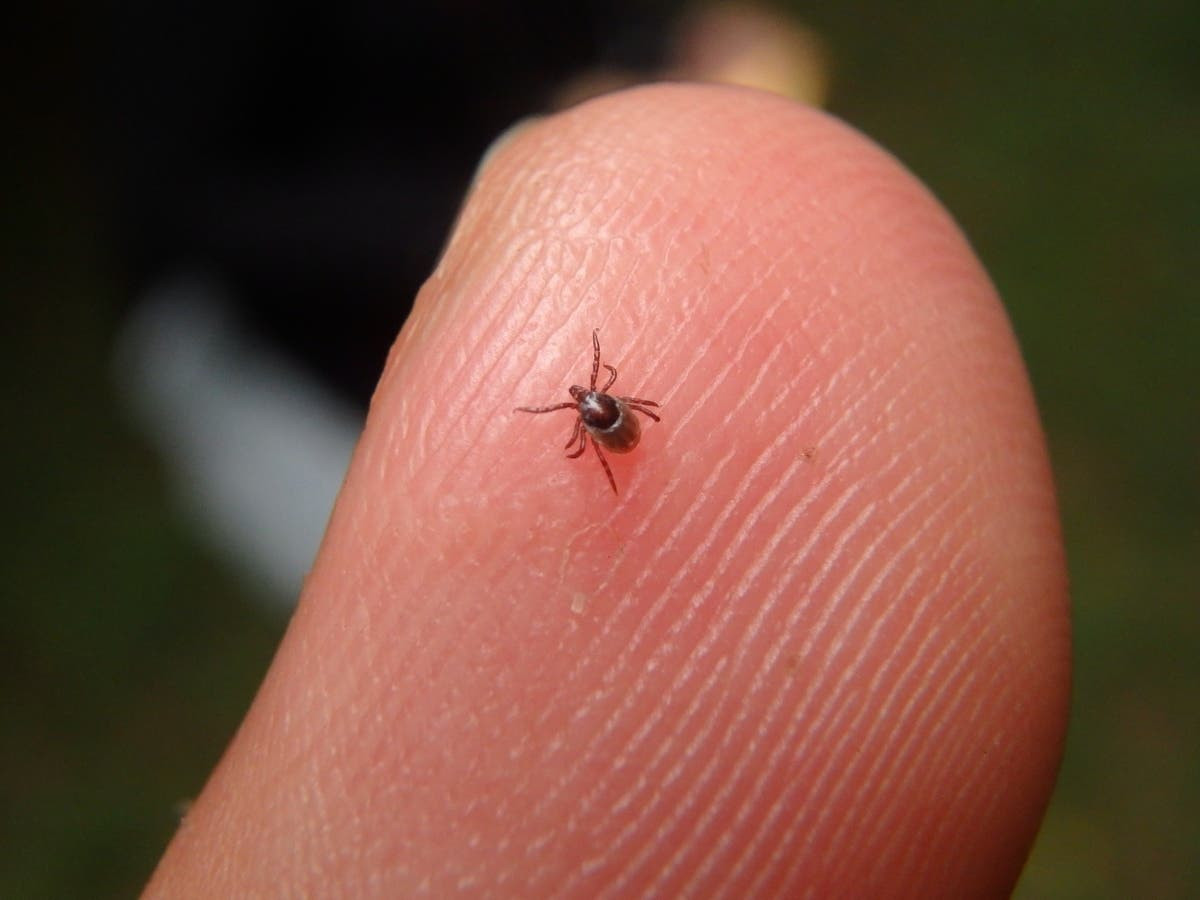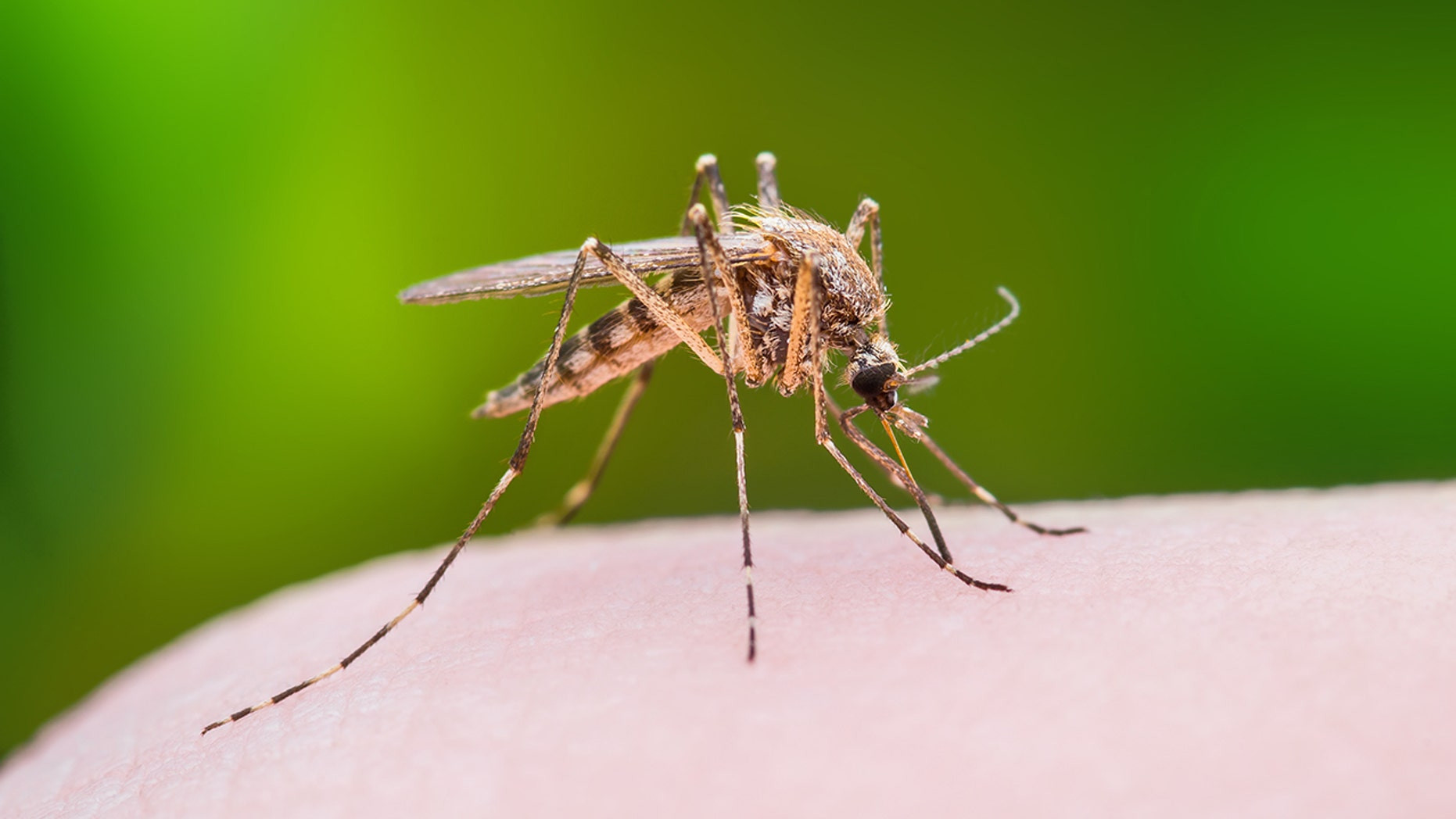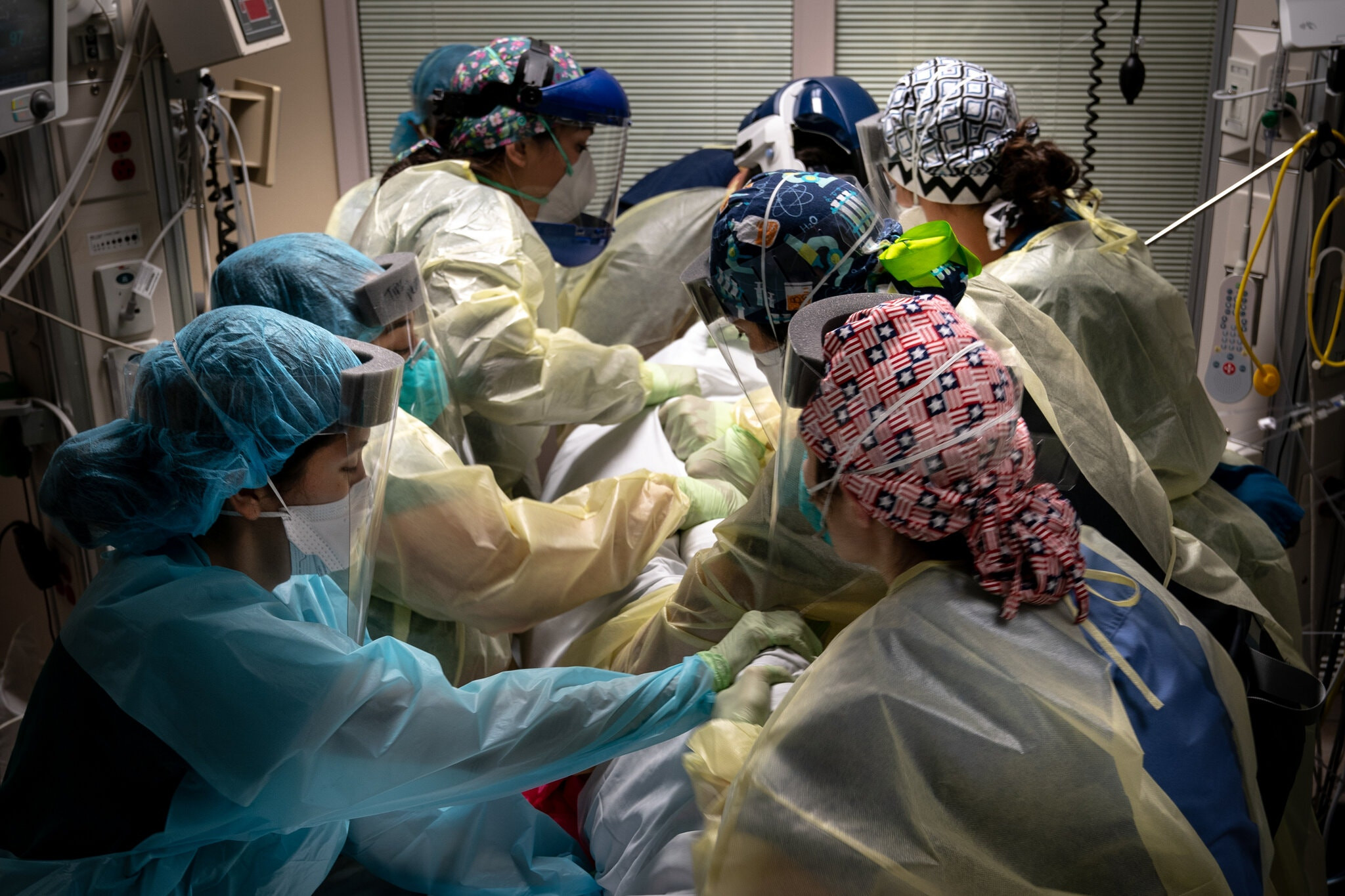A child in Allegheny County, Pennsylvania, has tested positive for Powassan virus disease, marking the first case in the state this year. The child, who lives in a northern suburb, experienced fever and other symptoms, leading to hospitalization. While they have since been discharged and are recovering at home, the incident serves as a stark reminder of the increasing prevalence of tick-borne illnesses.
Powassan virus disease is a rare but potentially serious illness spread through the bite of infected ticks. These ticks, commonly known as black-legged ticks or deer ticks, can also transmit Lyme disease. The virus is transmitted after the tick has fed on an infected rodent.
Understanding the Rise of Tick-Borne Illnesses
The growing number of Powassan virus cases is attributed, in part, to shifting environmental factors, particularly climate change. Warmer temperatures and milder winters are creating ideal conditions for tick populations to flourish.
Climate Change's Influence
According to the Environmental Protection Agency (EPA), temperature changes caused by global heating are expanding the range of ticks. Deer ticks, for example, thrive in humid environments with temperatures exceeding 85% humidity.
These changes create a longer window for ticks to be active, increasing the potential for human exposure.
Protecting Yourself
While scientists are continuing to study the link between climate change and tick-borne illnesses, taking steps to protect yourself against tick bites remains crucial. Here are some practical tips:
-
Wear light-colored clothing when hiking or spending time in wooded areas. This makes it easier to spot ticks on your clothes.
-
Check your clothes and skin frequently for ticks. Remove any ticks you find immediately.
-
Use insect repellents containing DEET or picaridin. Follow the product instructions carefully.
The Importance of Early Detection and Treatment
Powassan virus disease symptoms can appear within a week to a month after a tick bite.
Recognizing Symptoms
Some common symptoms include:
-
Fever
-
Headache
-
Vomiting
-
Weakness
-
Stiffness in the neck
-
Confusion
-
Memory loss
-
Seizures
-
Paralysis
If you experience these symptoms after being bitten by a tick, it's important to see a doctor immediately.
Diagnosing Powassan Virus Disease
Diagnosis involves a combination of symptom evaluation, blood tests, and spinal fluid tests. These tests can detect antibodies against the virus, confirming the infection.
Looking Ahead: A Collective Effort
The increasing prevalence of tick-borne illnesses highlights the importance of a multifaceted approach to address this public health challenge.
While individual precautions are essential, collectively addressing climate change is critical to mitigate the factors that are driving tick populations. This includes:
-
Reducing carbon emissions through transitioning to renewable energy sources.
-
Promoting sustainable practices like recycling and reducing meat consumption.
These efforts can contribute to a cooler planet, helping to curb the expansion of tick habitats and limit the risk of tick-borne diseases.
In the meantime, staying informed about tick-borne illnesses and taking proactive measures to prevent tick bites can significantly reduce your risk of contracting these diseases.


















